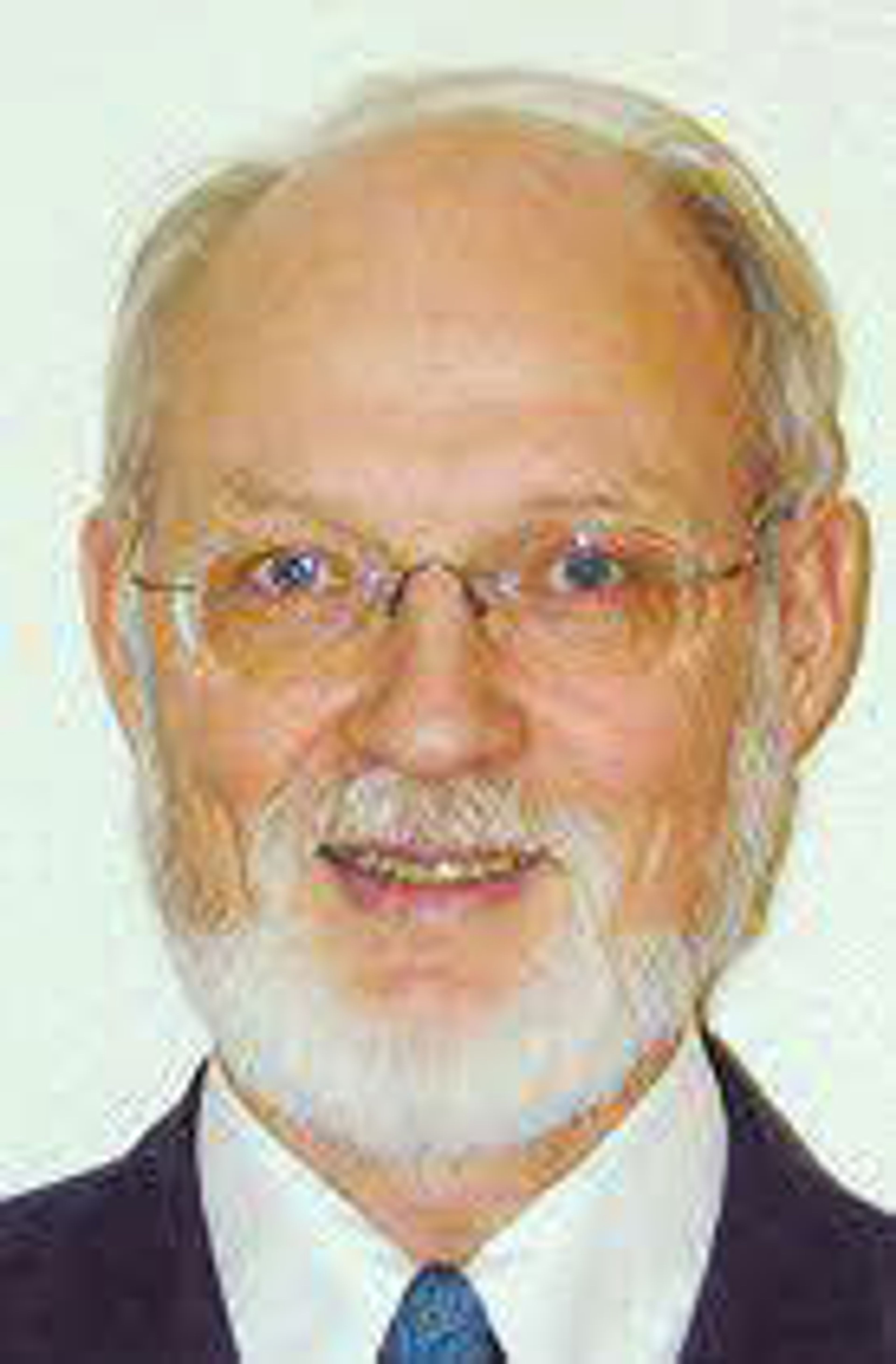His View: A bitter Christmas for Palestinian Christians
There may be as many as 15 million Arabic-speaking Christians living in the Middle East, and they, along with their indigenous Jewish brothers and sisters, had prospered there in relative peace for centuries. Discrimination and violence against these two “religions of the book” did not increase significantly until the rise of Islamic fundamentalism in the 19th century.
About 63% of American Arabs practice Christianity of one creed or the other. In the 19th century, their ancestors immigrated to the U.S. from Syria, Lebanon and Palestine. Counted among these Christian Arabs are Roman Catholic (35%), Eastern Orthodox (18%) and Protestant (10%), many of whom converted after arriving in the U.S.
As a Rotary Fellow in Denmark in 1966, one of the first persons I met was a Palestinian Christian. I mistakenly thought that all Palestinians were Muslim, but I was even more amazed when he said, sadly, that he was stateless. It was inconceivable to me that any person would not have a country to call his or her own.
Because of the war in Gaza, there was no Christmas in Bethlehem this year. Leaders from all the Palestinian churches have canceled public celebrations. There were no Christmas trees, no decorations in Manger Square, no Christmas parades and no Baba Noel delivering gifts to children.
Rev. Munther Isaac is pastor of the Evangelical Lutheran Christmas Church. The church, whose services are held in Arabic, was founded in 1893. (Speaking in his own language, Aramaic, Jesus addressed God as Allah.) The church’s roof suffered significant damage from Israeli bombing in 1967, and then again in 2002.
As a sign of solidarity with the Palestinians in Gaza, Rev. Isaac created, arguably, the most provocative creche in Christian history. The baby Jesus lies on a pile of rubble and he is wrapped in a keffiyeh, the traditional Palestinian head scarf.
Rev. Isaac makes a striking and compelling connection: “The Christmas story is about a baby who was born in the difficult circumstances of the Roman occupation and who survived the massacre of children.”
Palestinian Christians suffered during the nakba (lit. catastrophe), when, in 1948, they along with their fellow Muslims were forced out of their homes. They fled to various areas of the Middle East, and they are now leaving their current homes in Israel.
For example, Bethlehem used to be 70% Christian and now it is only 30%. They used to flourish in Tiberias, Safad, Beisan and Beersheba, but now these places are devoid of Christians. Only in Nazareth is the Christian population the same as pre-1945.
Writing for the Middle East Monitor, Hanan Chehata claims that the principal reasons for the Christian exodus are “the rise of Zionist extremism and economic hardships caused by discriminatory Israeli policies.”
Chehata cites a study by the Sabeel organization that I summarized as follows: The Israelis have built an illegal wall separating Israel and the West Bank of the Jordan River; they have imposed curfews and restrictions on trade; they have confiscated land; and they have set up military roadblocks. The study concludes: “People are living in a cage, dehumanized, with little hope for freedom and normal living.”
Palestinian Christians living in Jerusalem and Bethlehem are blocked from visiting each other and participating in Easter processions. A concrete wall 24 feet high separates them, and they are subject to the same invasive security measures as their Muslim brothers and sisters.
Visiting in 2006, Congressman Henry Hyde reported: “We fail to understand how the route of the security fence in Jerusalem, which creates an impassable barrier between two regions fundamental to the Christian faith and imprisons 200,000 Palestinians, will improve Israel’s security.”
I am certain that Christians of the Middle East are aghast at the policies of America’s Christian Zionists. Composing about 25% of the nation’s evangelicals, they believe that the reestablishment of Israel is necessary for the second coming of Christ.
According to the Christian Zionists, Christ, after he defeats the anti-Christ in a cosmic battle, will rebuild the Jewish temple, and he will rule the world from Jerusalem. This leaves no room for the Muslims, who must be destroyed, or for any Jew who refuses to become a Christian.
I assume that Palestinian Christians will have to repent for living peacefully with their Muslim neighbors.
Gier is professor emeritus at the University of Idaho. Read other articles on this topic at nfgier.com. Email him at ngier006@gmail.com.








